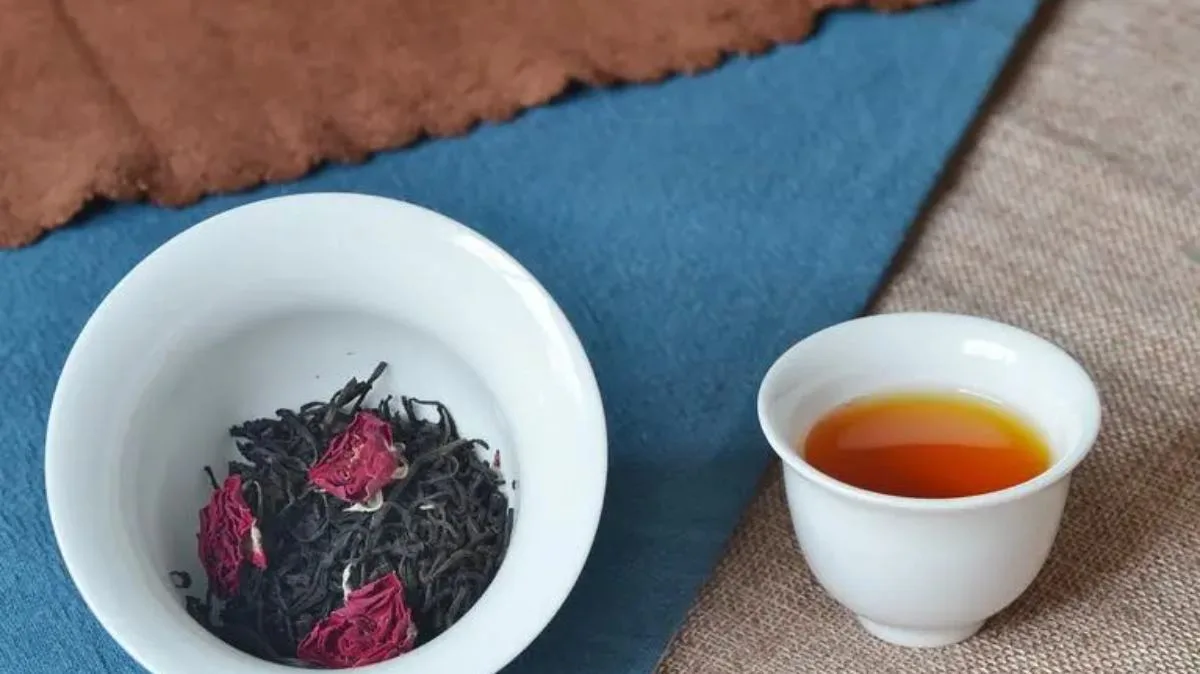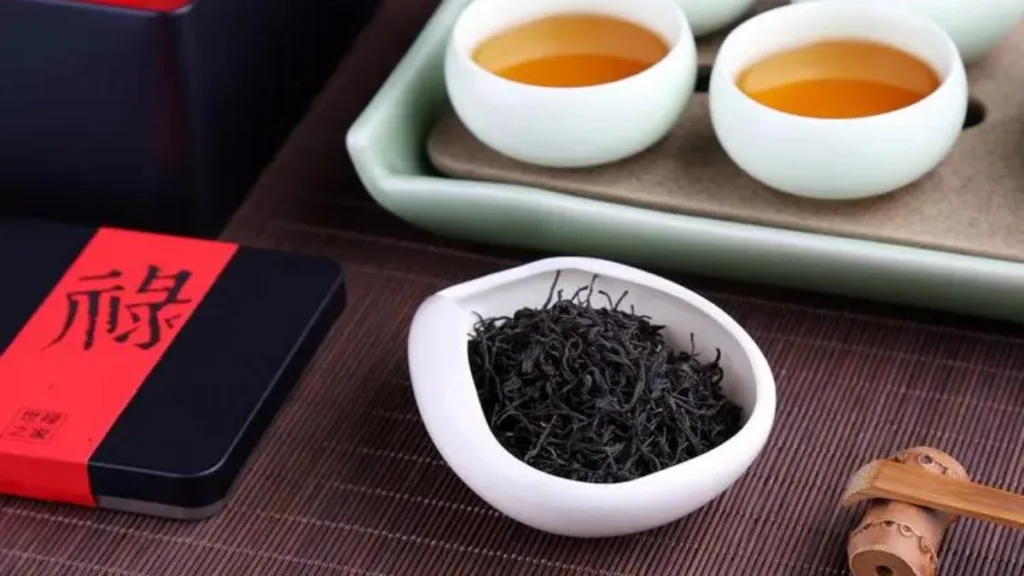Coffee and black tea stand as popular choices for morning or afternoon beverages, both known for providing a boost of energy and alertness. In our daily lives, tea, in particular, is a common source of caffeine. This leads to a common query: Does tea, specifically black tea, contain more caffeine than our regular cup of coffee? In this exploration, we will delve into the differences in caffeine content between coffee and black tea.
Understanding Caffeine in Coffee and Black Tea:
- Caffeine in Coffee:
- Caffeine, a potent stimulant of the central nervous system, is present in both coffee and tea. Coffee, known for its robust flavor, is recognized for its relatively higher caffeine content compared to tea.
- A standard 8-ounce cup of coffee typically contains around 95mg of caffeine. The concentration is influenced by factors such as the type of coffee bean, brewing method, and roast level.
- Caffeine in Black Tea:
- Black tea, while also caffeinated, generally contains less caffeine than coffee. An average 8-ounce cup of black tea holds approximately 30mg of caffeine.
- The lower caffeine content in black tea can be attributed to the tea leaf’s processing method, which involves fermentation and oxidation, unlike the roasting process used for coffee beans.
Factors Influencing Caffeine Content:
- Brewing and Processing Methods:
- The method of brewing or preparation significantly affects the caffeine content. Espresso, for instance, is a concentrated coffee form, resulting in higher caffeine levels per ounce.
- Black tea’s caffeine content is influenced by factors such as the type of tea leaf, processing techniques, and brewing time. Shorter steeping times generally result in lower caffeine extraction.
- Type and Quantity of Coffee Bean or Tea Leaf:
- Different varieties of coffee beans and tea leaves have varying caffeine levels. Arabica beans, commonly used in coffee, generally have lower caffeine content than robusta beans.
- Tea varieties, such as Assam or Darjeeling, may have different caffeine concentrations. Additionally, the quantity of tea leaves used in brewing affects the overall caffeine intake.
Considerations for Caffeine Intake:
- Individual Consumption Patterns:
- The total caffeine intake is influenced by individual consumption habits. Regular and increased consumption of either coffee or black tea will result in higher overall caffeine intake.
- Awareness of one’s own health goals, sensitivity to caffeine, and any restrictions due to existing health conditions is crucial when choosing between coffee and tea.
- Variability Among Beverages:
- Caffeine content can vary among different coffee and black tea brands and blends. It’s advisable to check nutritional information or inquire about caffeine levels when making beverage choices.
Conclusion:
In conclusion, while both coffee and black tea contain caffeine, the key lies in the differences in their brewing methods, processing techniques, and the type of beans or leaves used. Coffee tends to have a higher caffeine content per serving, but the ideal choice depends on individual preferences and health considerations. Tailoring caffeine intake based on personal health goals and conditions is essential. If concerns about excessive caffeine intake arise, moderation or seeking advice from healthcare professionals is recommended to ensure a balanced and healthy lifestyle.



